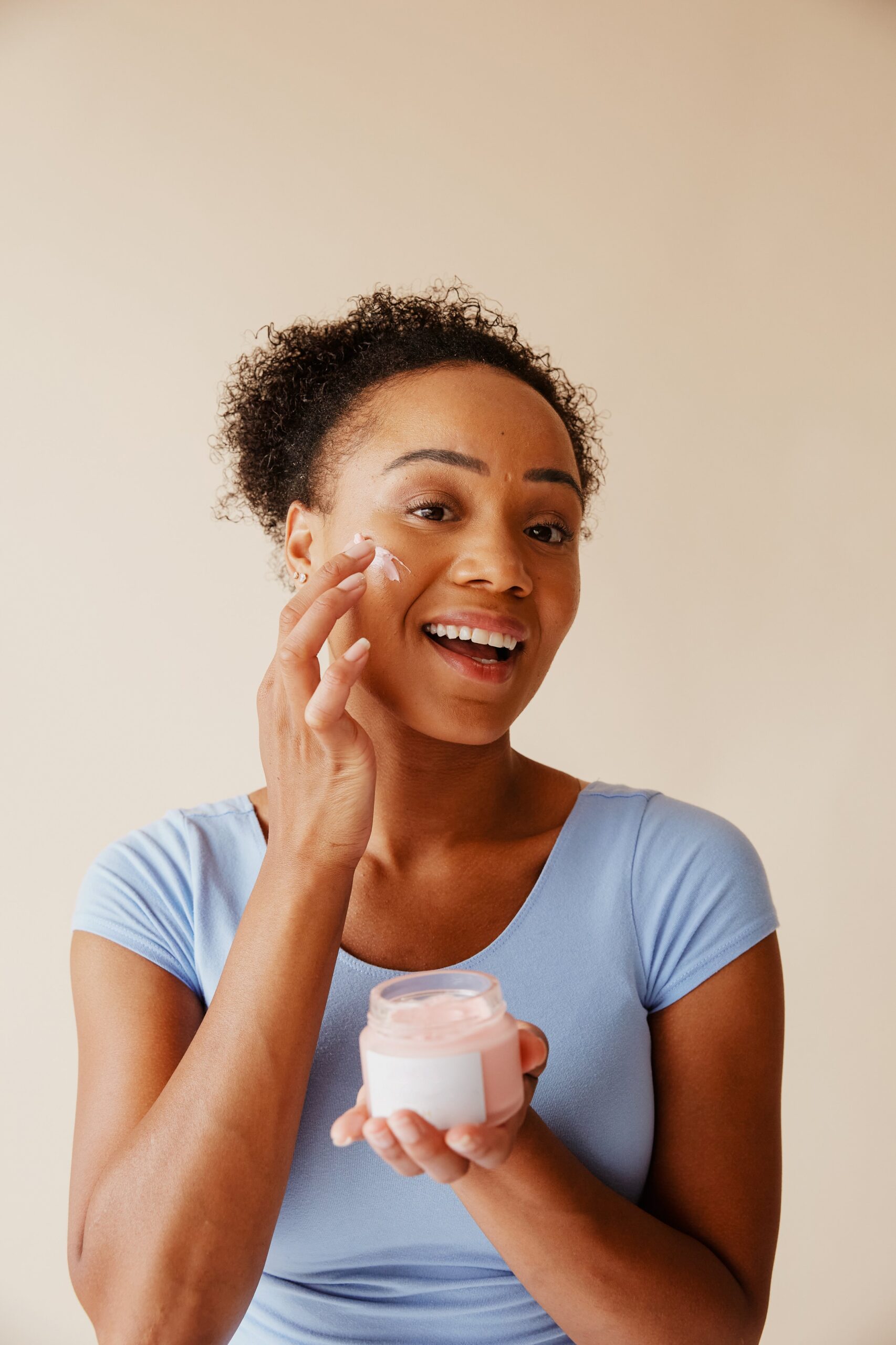
Here’s What I Know About Retinol
Questions: Why is everyone recommending retinol? Why are there so many different kinds of retinol? Is it scary?
Y’all, I learned a lot while researching for this article. To be honest, I thought I was personally using the most potent ingredient you can get without a prescription and I was SO wrong. I can’t wait to share!!!
Disclaimer: I am not a doctor, a skin specialist, nothing. I am a normal person like you who uses retinoids and did a lot of research on this topic for you to learn a few things.
Today’s Blogpost = A Learning Session with Dinah
Ok, so in my opinion, the word “retinol” is often used as this like, blanket term that includes all Retinoids. In this article, we’re of course going to talk about Retinol, but we’re also going to talk about the other Retinoids too. There are some more potent options, as well as some less scary ones if you’re new to this whole thing or have sensitive skin.
Retinoids: What are they?
Retinoids are derivatives of Vitamin A that when applied topically, will convert to Retinoic Acid. According to Dr. Ranella Hirsch in this Into The Gloss article, “The skin has specific receptors that respond to and take up retinoic acid.” Once they’re in this converted form, your skin says (in Dinah speak), “oh, ok, I’ll go ahead and start making you look young and fabulous!” After that, you’ll start to see a wide world of benefits.
According to Healthline, it “creates a ‘plumping’ effect that reduces the appearance of fine lines and wrinkles, and enlarged pores,” and has an “exfoliating effect on the skin’s surface that can further improve texture and tone.” It also helps “treat severe acne, as well as related scarring,” and finally, “may even benefit oily skin by controlling excess production of sebum in your pores.”
But First, Some General Advice
- GO EASY WITH THESE! Always start a Retinoid very slowly. Like, maybe even just once a week for a few weeks. Your skin MUST get used to it.
- Use Retinoids at night. They make your skin a little more sensitive to the sun. You’ll find a few articles or products saying you can use some Retinoid product in your AM routine, but I REALLY don’t recommend that. And always use your SPF!!! Read this article about why SPF is so important.
- Don’t combine them with chemical exfoliants. Ouch ouch ouch!
Types of Retinoids: In Order of Potency
Retinoic Acid
aka Tretinoin, Retin-A, Adapalene or Tazarotene
These products can bind directly with your skin’s retinoic acid receptors and are the strongest Retinoids out there – this means that you’ll see all the benefits in a shorter amount of time, 6 weeks if you’re using it every day. Mostly, you need a prescription to get these but there are some OTC products that use Adapalene.
Now, don’t just go out and get some product with Adapalene because you think you’ve found the miracle skin cure-all. In fact, I’m not even going to recommend any product in this category because the side effects if you don’t use it correctly could be — ewww — like, peeling, redness, irritation, burning, super dry skin, itching, discoloration. Hit up your local dermatologist and get their advice on starting a strong Retinoid.
Retinal
aka Retinaldehyde, Oxidated Retinol, Retinyl Retinoate, Hydroxypinacolone Retinoate, Granactive Retinoid
Retinal requires 1 step to convert to Retinoic Acid, so it’s less potent than the Tretinoins out there but is a bit less irritating to the skin. When I was looking around for products in this category, I mostly saw Granactive Retinoid and Hydroxypinacolone Retinoate as the Retinoid ingredients.
To be honest, I didn’t know this level of Retinoid existed until now — I’m really excited to try this out soon.
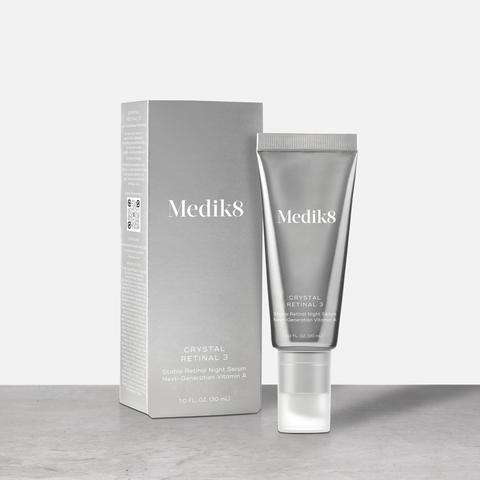
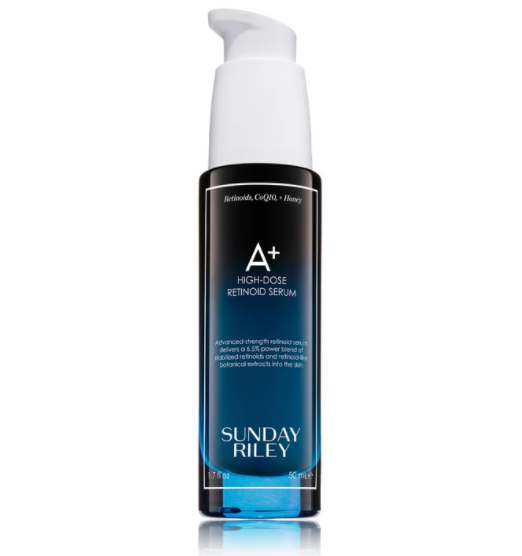
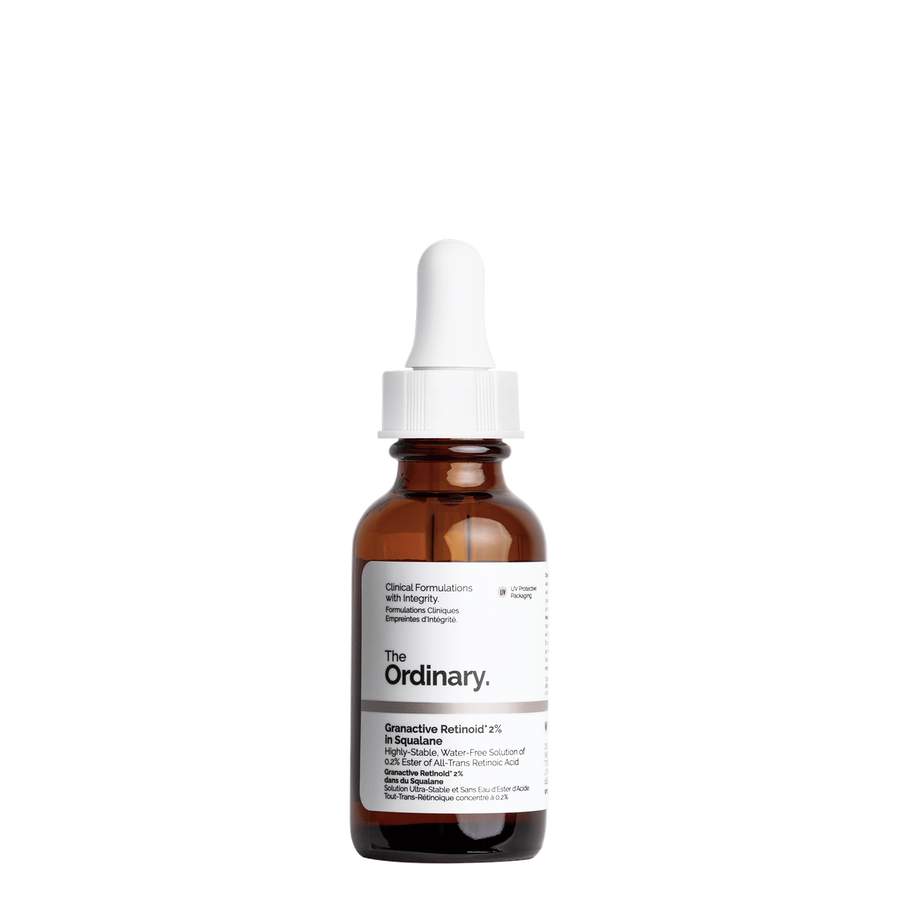
Retinol
You’ve totes heard of this one before. It requires 2 steps to convert to Retinoic Acid, meaning it’s even less potent than Retinal, but also less harsh on the skin. The good thing here is that Retinol is E-V-E-R-Y-W-H-E-R-E. You could easily start with a low percentage Retinol and see benefits over time without any irritation. And trust me, any type of Retinoid you start using, even one with low potency, is going to help the look and feel of your skin in the long run.
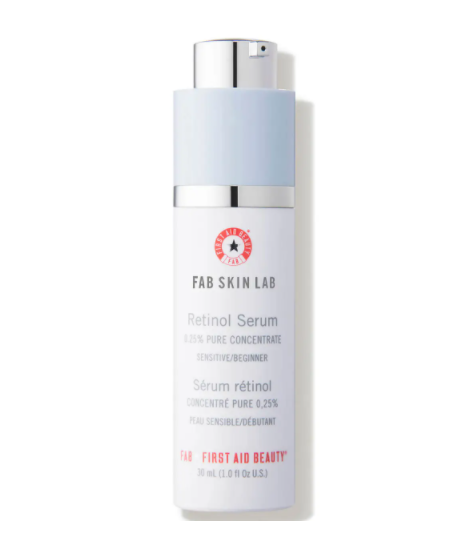
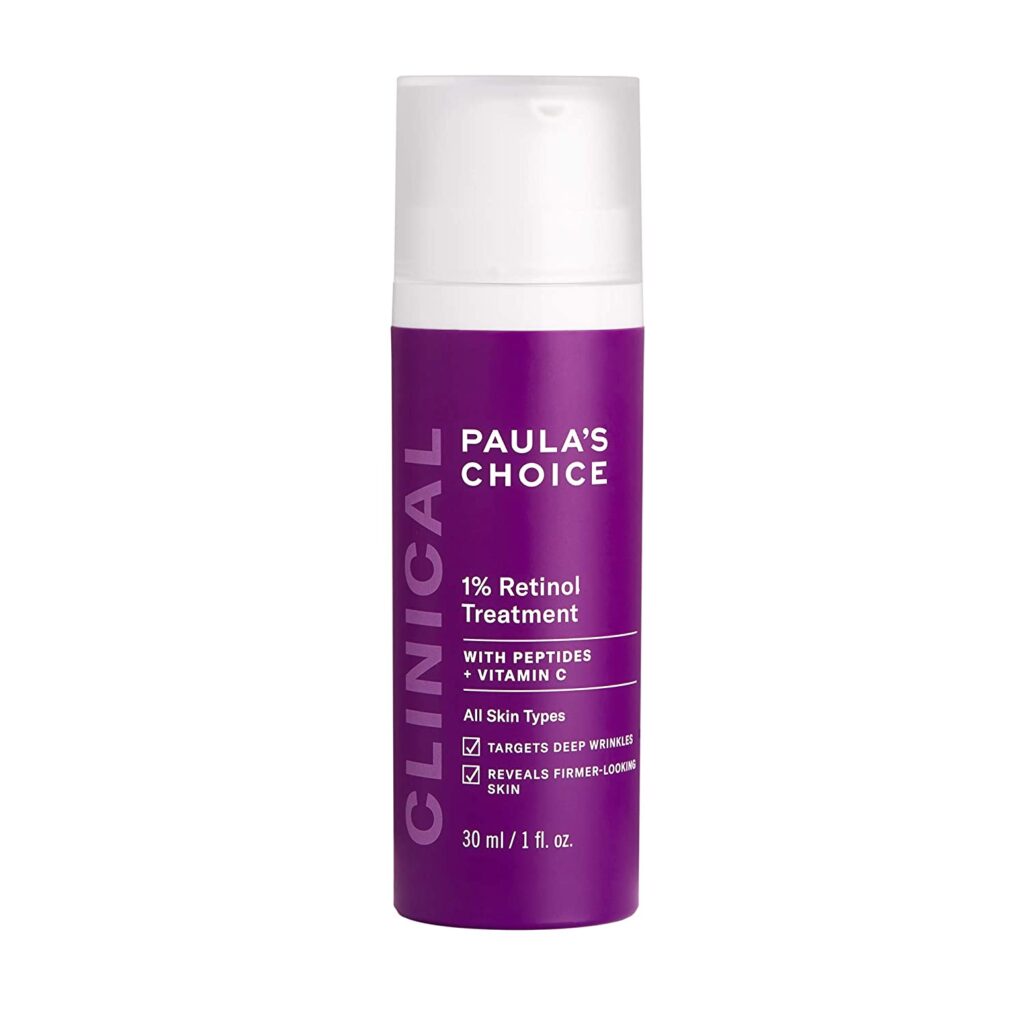
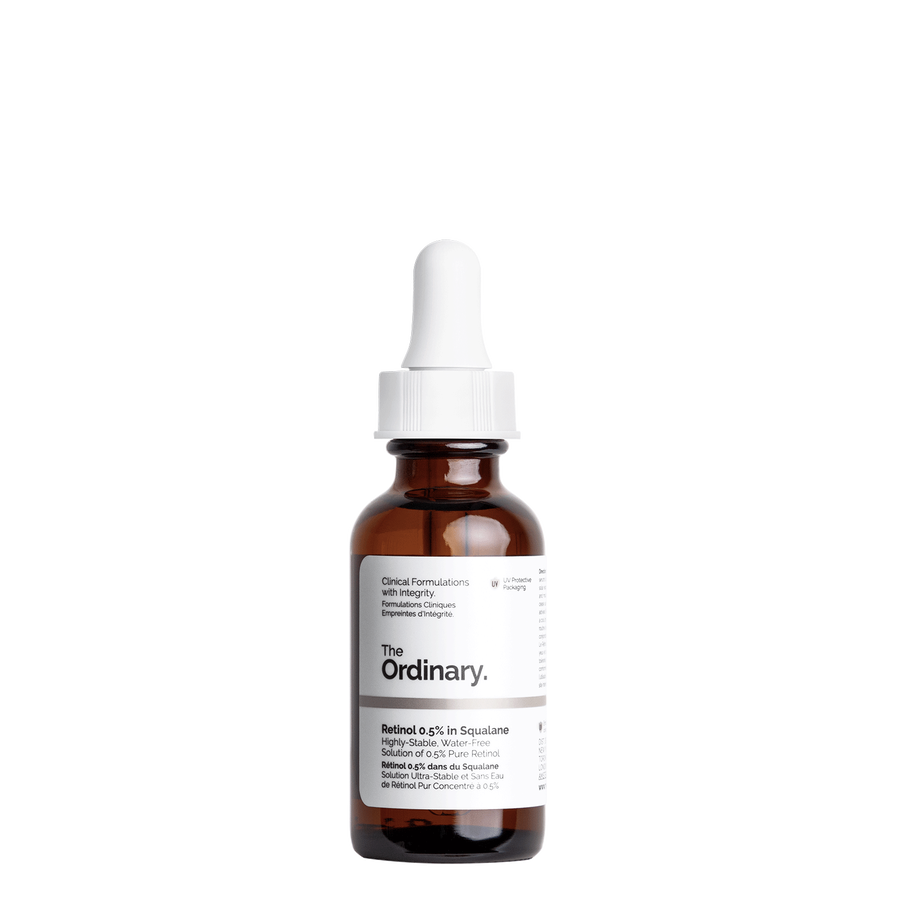
Retinyl Palmitate
aka Retinyl Propionate, Retinyl Acetate, Retinyl Linoleate
This ingredient requires 3 steps to convert to Retinoic Acid, meaning it’s very gentle on the skin. If you were nervous about starting a Retinoid, you could start with this one and not have any issues. The problem is, however, that this ingredient is hard to find in products. I found a couple, but if for some reason, these didn’t appeal to you, you’ll have to really dig into ingredient lists to find more of it somewhere.
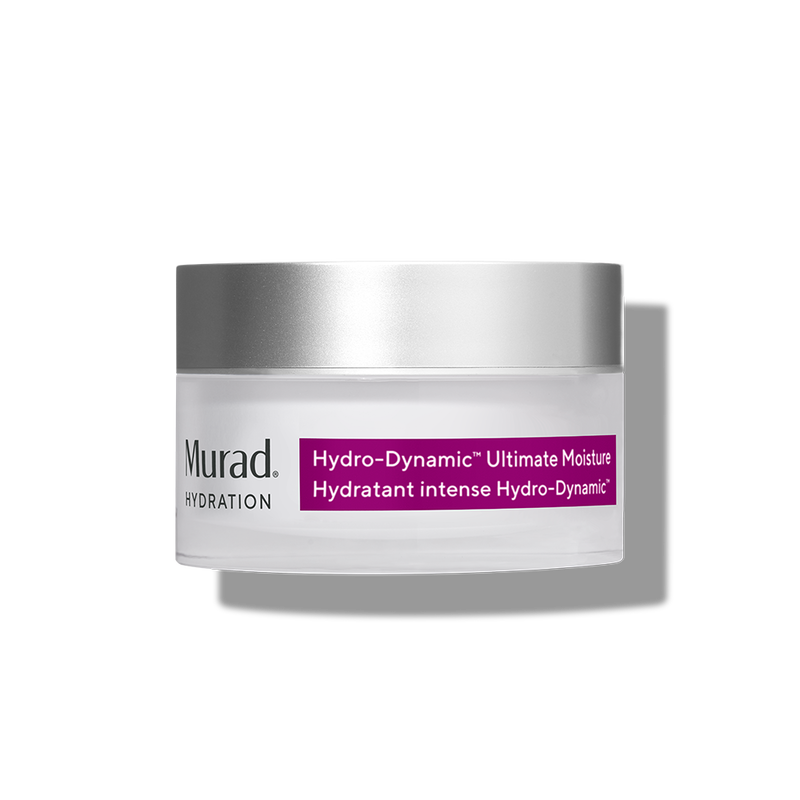
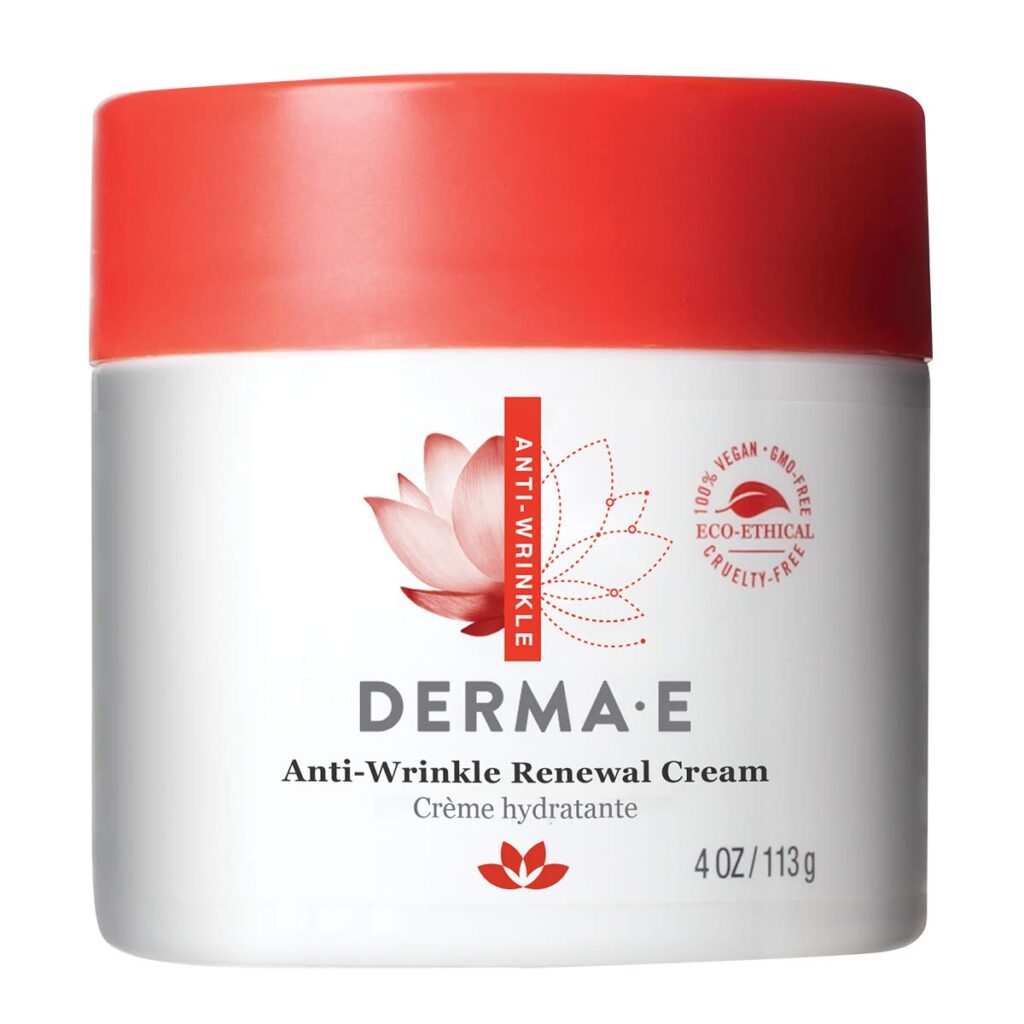
Personal Experience
In my PM skincare routine, I personally use a serum with 1% Retinol. I started using Retinol about a year ago and have seen some great results. One that I noticed fairly quickly was a reduction in the amount of oil I was producing every day. It has decreased dramatically for me. I also feel like I used to be red around my nose and cheeks and that coloring has gone away.
I started my Retinoid journey with a very mild Retinyl Palmitate night cream and have progressed to this 1% Retinol PM serum. I have yet to experience any negative side effects except for this one time, when I used it alongside a chemical exfoliator and just didn’t know any better. I woke up the next day and my skin felt chapped. Ouch. So, be smart, follow the rules. Be gentle on your skin, improvements occur over time and not overnight!!
Getcha some Retinoids and just SEEEEEEEEE what it does for you!
xoxo, Dinah!!
